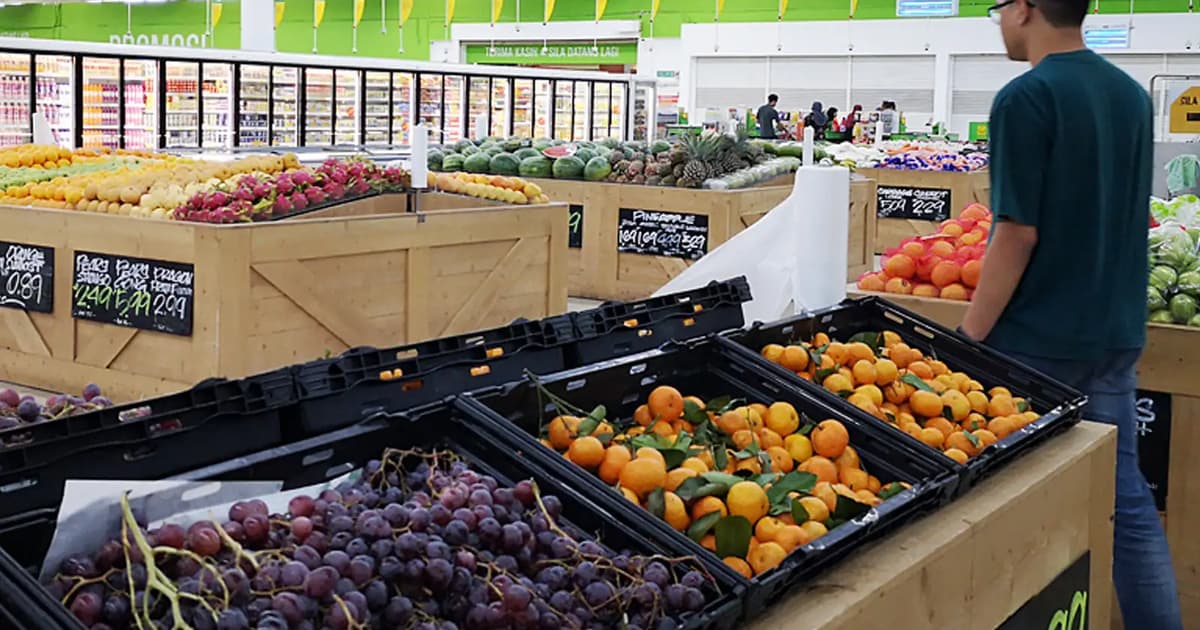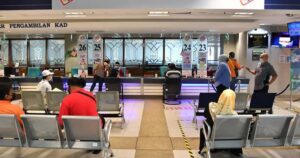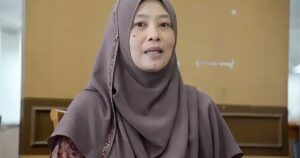
A health ministry division has called on the government to allow recipients of the government’s Sumbangan Asas Rahmah (SARA) to spend the cash aid on fruits and vegetables.
The ministry’s nutrition division acknowledged a survey which found that its “suku suku separuh” (SSS) healthy plate model was out of reach for many households, with balanced meals costing between RM8.53 in Kedah and RM16.27 in Kuala Lumpur.
The division said this challenge can be overcome by going for more affordable items with nearly identical nutritional value, such as chicken and eggs over beef, or tempeh and dhal for plant-based options.
It also said cooking at home would help households save while eating more healthily.
“Preparing meals at home allows families to buy raw ingredients in bulk, select seasonal produce, and adopt healthier cooking methods while reducing reliance on excessive salt, sugar and oil.
“This not only lowers food expenditure compared with dining out, but also enables households to consume healthier meals tailored to their needs,” it said in a statement.
The nutrition division said public education on healthier food choices was insufficient on its own, and called for public policies to allow nutritious food to be more affordable for the masses.
“National aid programmes such as SARA should be expanded to cover fruits and vegetables, with targeted and consistent assistance to low-income households,” it said.
It said the expansion of the Menu Rahmah initiative was also helpful in keeping costs low for consumers, though this was business-driven and voluntary, which meant that eateries may not prioritise the nutritional value of their meals.
“Towards a healthier Malaysia, the SSS concept remains a sound guide to better nutrition. But without tackling affordability, it risks becoming a privilege for the few.
“As Malaysia faces the dual challenge of rising NCDs and growing living costs, nutrition policies must focus as much on affordability and access as they do on education and awareness,” it said.
The SSS model recommends a quarter portion of protein, a quarter portion of carbohydrates, and half a portion of fruits and vegetables for each meal.
A study by health think tank Galen Centre for Health and Social Policy and Universiti Teknologi Mara found that this was not affordable for most Malaysians.
Galen Centre recommended that the government strengthen subsidies and incentives for healthy food, establish a centralised data platform to carry out research, and engage stakeholders from the food industry.
It also proposed that the health ministry help Malaysians source for healthier meals at cheaper prices by releasing a list of suitable foods.






